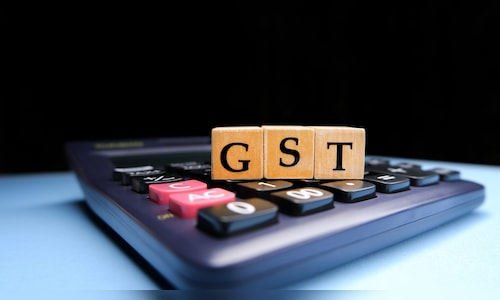These amended rules from the Central Board of Indirect Taxes and Customs (CBIC) are effective immediately. According to the new rules, all aircraft operators must transfer passenger data 24 hours before departure and again at wheels-off time, allowing authorities to verify data at two points.
Earlier, airlines were only required to share data either within 24 hours of departure or at wheels-off time, or at the scheduled take-off time, granting them the flexibility to select which data to report. The new rules eliminate this choice.
At present, passengers are charged a 5% GST on economy class tickets and 12% on business class tickets. Businesses can also claim an input tax credit (ITC) on airline tickets purchased for business purposes.
Sources indicate that the Directorate General of GST Intelligence (DGGI) is investigating cases where airlines collected GST on last-minute cancellations but did not deposit it with authorities. Businesses have also claimed ITC on these cancelled tickets, contributing to substantial revenue leakage.
“This measure will help the government plug the gaps and ensure smooth compliance between government and industry,” an official stated.
Experts warn that these new requirements may increase compliance burdens for airlines, but tax authorities view it as necessary to curb alleged revenue leakage.
“The Central Board of Indirect Taxes and Customs clarified on August 3, 2022, that cancellation fees represent costs involved in arranging the intended supply, which is naturally bundled with the principal supply of transportation services.
Accordingly, airlines should issue tax invoices and apply GST on cancellation fees at the same rate as the service contract. Since cancellation charges form part of the composite supply of transportation services, input tax credit for such cancellation charges in the hands of the traveler cannot be denied, even if the traveler did not use the service,” said Brijesh Kothary, Partner at Khaitan & Co.
“In a landmark regulatory update, the CBIC has introduced amendments to the Passenger Name Record Information Regulations, 2022, through Notification No. 68/2024—Customs (N.T.) dated October 22, 2024. These amendments, under the Customs Act 1962, signify a transformative shift in the way aircraft operators manage and transfer passenger data.
The crux of the amendment lies in the newly mandated timeframe for the transfer of passenger name record information. Aircraft operators are now required to submit this data both before 24 hours prior to departure and also at the precise moment of departure, colloquially referred to as ‘wheels off.’ Earlier exchange of data before 24 hours prior to departure was optional.
This regulatory shift comes with its set of implications. Firstly, airline operators are now encumbered with an additional compliance responsibility. The need to establish and maintain a system capable of transferring passenger data within the stipulated timeframe is paramount.
Secondly, the amendment aims to address a critical gap in GST compliance. Past instances have surfaced where airlines collected GST on cancelled tickets but failed to remit the same to the government. With the new regulations in place, audit authorities will have access to precise data on cancelled tickets, enabling them to ensure accurate GST deposition.
Furthermore, airline companies must now meticulously record details of cancelled tickets, GST collected, and GST deposited. These records may also be subject to scrutiny during departmental GST audits, reinforcing the transparency and accountability of the tax system,” says Saurabh Agarwal, Tax Partner, EY.

